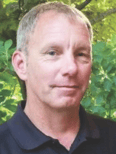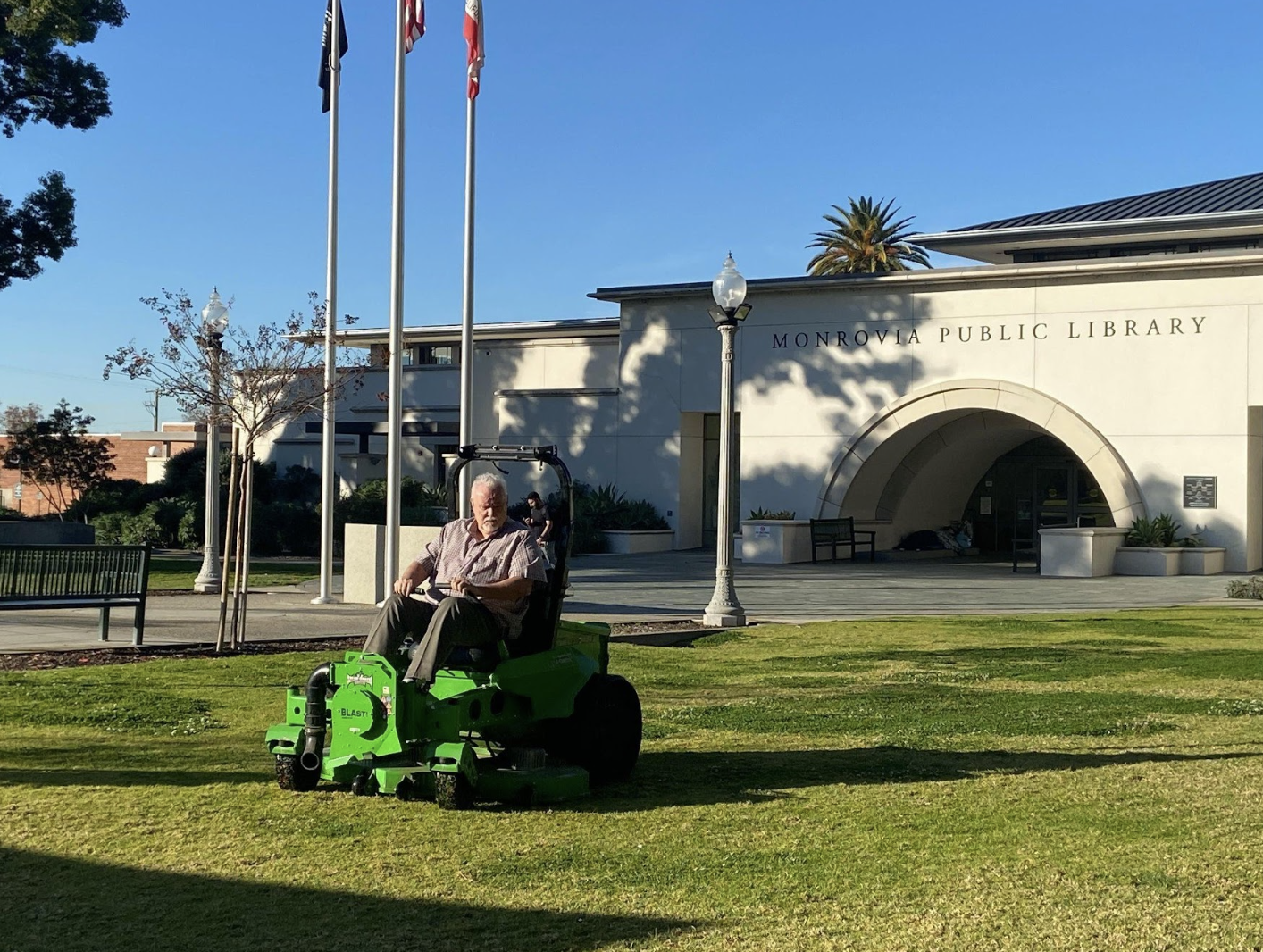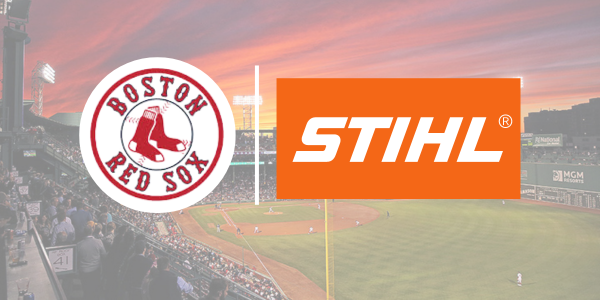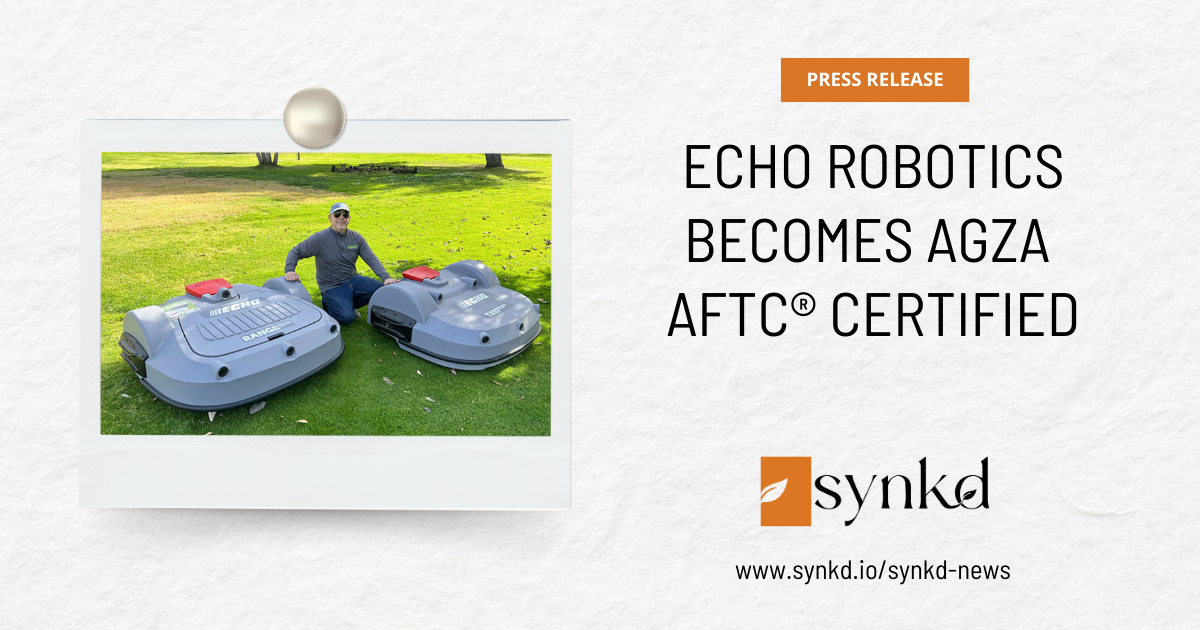Becoming A Sustainable Landscaping Company
AGZA Founder Dan Mabe Shares Why Sustainability is a Vital Element to Consider for Any Business
New Jersey Group Commits to Sustainable Practices
Sustainable tools, techniques, materials and designs are all things that can quickly become overwhelming. Dozens of questions swarm through a business leader's mind as they commit to running a more eco-friendly company. Things like: Where to begin? How much will it cost? Which changes are necessary and which are not? These questions make the effort to be more sustainable a daunting task. It can be done, though. Richard McCoy proves it.
 Richard is a leader in ecological horticultural practices on the east coast of the United States. He manages Richard A. McCoy Horticultural Services, a landscaping design, building and maintenance firm based in Ringoes, NJ. The company is dedicated to organic and ecologically mindful systems, using battery-powered equipment, avoiding synthetic chemicals, managing turf systems organically and using native plant species almost exclusively. Richard's work has been shared by the Smithsonian Institute's Archives of American Gardens. Among his many titles, Richard is an advisor and practitioner council member for national organizations the Organic Landscape Association, and Non-Toxic Communities and is a member of Rutgers University's Organic Land Care Working Group and a co-contributor to the Rutgers Organic Land Care Best Management Practices Manual. Just last year, the American Green Zone Alliance selected Richard as the Northeast Regional Director. The team also became the first American Green Zone Alliance (AGZA) Certified Service Pro Company in New Jersey last year and was named the 2021 Horticultural Professional of the Year by the New Jersey Nursery and Landscape Association. The company's success all began with a simple approach—plant the appropriate plant properly in the right location and mulch correctly. Then, a healthy landscape will flourish, without harmful chemicals.
Richard is a leader in ecological horticultural practices on the east coast of the United States. He manages Richard A. McCoy Horticultural Services, a landscaping design, building and maintenance firm based in Ringoes, NJ. The company is dedicated to organic and ecologically mindful systems, using battery-powered equipment, avoiding synthetic chemicals, managing turf systems organically and using native plant species almost exclusively. Richard's work has been shared by the Smithsonian Institute's Archives of American Gardens. Among his many titles, Richard is an advisor and practitioner council member for national organizations the Organic Landscape Association, and Non-Toxic Communities and is a member of Rutgers University's Organic Land Care Working Group and a co-contributor to the Rutgers Organic Land Care Best Management Practices Manual. Just last year, the American Green Zone Alliance selected Richard as the Northeast Regional Director. The team also became the first American Green Zone Alliance (AGZA) Certified Service Pro Company in New Jersey last year and was named the 2021 Horticultural Professional of the Year by the New Jersey Nursery and Landscape Association. The company's success all began with a simple approach—plant the appropriate plant properly in the right location and mulch correctly. Then, a healthy landscape will flourish, without harmful chemicals.
.png?width=1954&height=1406&name=McCoy%20Horticulture%20(3).png)
.png?width=1566&height=1176&name=McCoy%20Horticulture%20(11).png)
Richard launched his outdoor career about 30 years ago. He worked as an arborist first, then on a landscape contracting team. He calls both roles "conventional," because he used things like non-native plants and synthetic chemicals. He launched his own business in 1995, with the goal to focus on proper plant placement and a plant's cultural needs. This goal took shape over the years until 2005, when the company fully transitioned to an organic, ecological means of operating.
"The reason why we did it was, I knew our landscapes were struggling and I wanted to find out why."
"You're not going to fix a landscape
problem by applying a pesticide; you're
going to put a band-aid on it."
.png?width=2502&height=1394&name=McCoy%20Horticulture%20(1).png)
I wanted to find how we could stop this cycle of pesticide use, and a lot of it comes down to the familiar term, right plant, right place," says Richard.
He adds that current landscape practices are taking a square peg and trying to fit it into a round hole.
"Instead of trying to force a plant into a location where it's not suited, select the plant culture to match or adapt to a certain cultural location on a property," he says. "That essentially fixes the landscape problem. Don't try using that bag, box or bottle ... that's not going to solve it. That is the cultural impact of us trying to fix problems. It is the cliche of doing the same thing over and over again and looking for a different result."
.png?width=1184&height=884&name=McCoy%20Horticulture%20(10).png)
.png?width=1198&height=898&name=McCoy%20Horticulture%20(9).png)
McCoy Horticulture uses organic and 25b EPA minimum risk exempt products. They follow the Northeast Organic Farming Association (NOFA) standards and Rutgers Organic Land Care Best Management Practices Manual recommendations. They carefully monitor the soil's health, being sure it is full of vital microorganisms that provide nutrients for plants . The team recently began the transition to electric tools: battery-powered string trimmers, blowers and lawn mowers, to name a few These benefit the environment and the crew or clients. They aren't exposed to harmful emissions, and depending on the tool there is little to no distracting noise. These are all habits Richard expects to see pay off in the future.
.png?width=1318&height=1410&name=McCoy%20Horticulture%20(7).png)
.png?width=1048&height=1388&name=McCoy%20Horticulture%20(6).png)
"Moving forward, especially in 2022, there is going to be a push for electric equipment," he says. "Likely driven by municipalities and homeowners, the whole idea of a greater ecological view of the landscape is going to be pushed further. From 2022 onward ... I think that's really where the whole industry is headed."
.png?width=225&height=274&name=McCoy%20Horticulture%20(5).png) Several New Jersey municipalities have already required outdoor workers to use electric equipment. They are following in the steps of states like California and New York, which are either considering rules on gas-powered tools or banning them completely.
Several New Jersey municipalities have already required outdoor workers to use electric equipment. They are following in the steps of states like California and New York, which are either considering rules on gas-powered tools or banning them completely.
"People are skeptical of electric tools," Richard says. "They say they're not strong enough, you can't charge them quickly, they don't work. People have done things a certain way for so long that they don't want to change. They'd rather stick with what they know. Back when we first started doing turf organically, there was a lot of pushback and I was skeptical of it at first, too. Here we are now."
Richard learned and developed his ecological ideas through books, experimentation and experts in the field. He's taken courses and certifications from groups like the Organic Landscape Association and AGZA. His team members all have their Rutgers Organic Land Care Certificate and/or received accreditation through NOFA's Organic Land Care Programs. Richard has developed a community and a network of people through those programs and groups. All are like-minded and support each other's efforts to focus on protecting and embracing nature. He says two books—Bringing Nature Home and Nature's Best Hope—have been pivotal in how he and his team do things. Both are by Dr. Douglass Tallamy, a University of Delaware entomologist who has found in his studies that during evolutionary periods, the native plants we use serve as hosts to native beneficial insects that make an ecosystem thrive. Using non-native plant materials has pulled those insects out of the landscapes and made ecosystems begin to break down.
"Landscapes that are installed & maintained conventionally are no better, ecologically speaking, than a painting of a landscape."
Richard explains, "They do not have that ecological impact that a native planted landscape would have. That is the basis of what we're trying to educate homeowners and landscape contractors on. The conventional versus the new modern way of thinking of looking at landscapes."
The modern way is catching on. Richard says his crew of six people service about 45 residential clients on a regular basis, and all support their focus on ecology and green infrastructure. The team talks to clients about getting outside and getting into their landscapes, suggesting construction that will be good for the ecosystem and also look nice. Clients constantly tell stories of the life that begins to flourish outside their home. They talk about rabbits and butterflies, green grass and vibrant plants, non-toxic and safe play spaces for their kids.
"Landscapers should be the ones who
are the loudest voices advocating for
strong ecosystems & an improved environment."
"I mean, most people who are in the green industry do it because they love the outdoors; they want to be a part of that, and they want to see that grow. It turns out they're having some of the most detrimental practices, and they might not even realize it. We've just gotten so far away from what our core should be. We really need to understand and begin to reair the damage we've done to our environment during the past 60 years Instead of just continuing with the same, we need to fix it," Richard says.
.png)
.png?width=1204&height=896&name=McCoy%20Horticulture%20(8).png)
McCoy Horticulture
Address: 420 Rt 31 Ringoes New Jersey 08551
Phone: 1 (866) 622–6995

AGZA Founder Dan Mabe Shares Why Sustainability is a Vital Element to Consider for Any Business

STIHL Announced as the Official Outdoor Power Equipment of the Boston Redsox Fenway Park Grounds to be Maintained with STIHL Products

The American Green Zone Alliance (AGZA) is pleased to announce ECHO Robotics has earned an AGZA Field Tested Certification (AFTC) designation for...